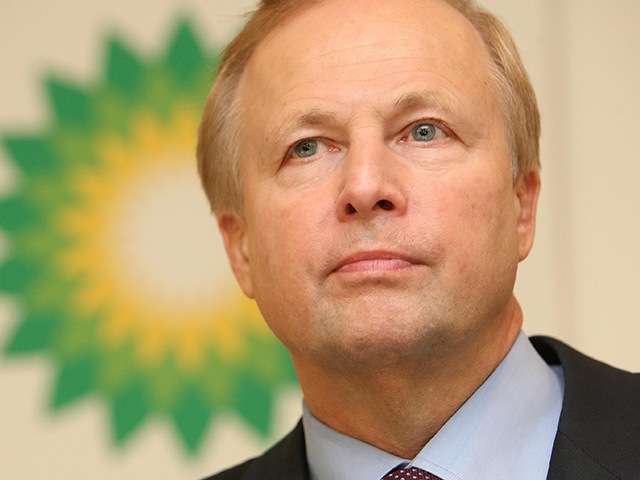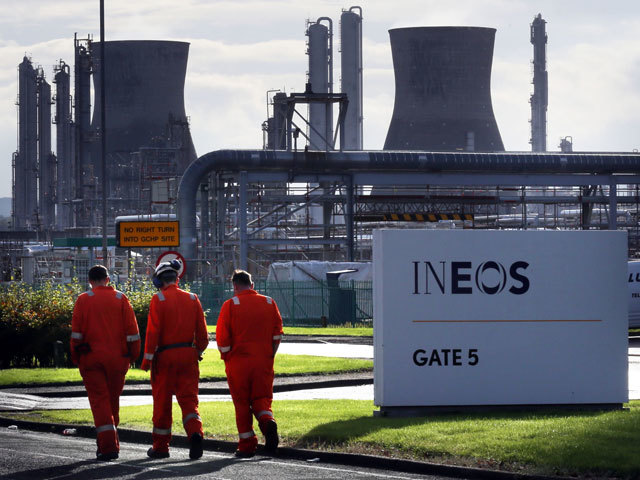
The backlash over bumper pay deals for Britain’s chief executives this year signalled the return of investor activism last seen during the so-called “shareholder spring” of 2012.
Bosses of mining giant Anglo American, advertising behemoth WPP and oil major BP all faced investor anger over ballooning pay packets, reminiscent of the uprise that hit firms like Barclays, insurer Aviva and drugs giant AstraZeneca four years ago.
BP shareholders railed against a 20% rise in chief executive Bob Dudley’s remuneration package at the company’s annual general meeting (AGM) in April, with nearly 60% voting to reject the 19.6 million US dollar (£15.6 million) pay deal.
It came after a difficult year for oil majors such as BP, which posted its largest annual loss in 20 years and axed thousands of jobs worldwide amid low crude prices.
BP promised to review its remuneration policy ahead of next year’s meeting, with new proposals due to be put forward for shareholder approval in 2017.
Anglo American’s chairman Sir John Parker also pledged to take a “fresh look“ at the company’s pay policy and to put it to a vote at the 2017 AGM after more than 41% of the mining giant’s
shareholders opposed chief executive Mark Cutifani’s £3.4 million pay package for 2015.
The vote came just months after Anglo American revealed that it had plunged deeper into the red as it bore the brunt of tumbling commodity prices.
While executive boards were left with a metaphorical bloody nose, this year’s shareholder revolts failed to contribute to the downfall of any British chief executives as seen in 2012.
Four years ago, former Aviva boss Andrew Moss quit the insurer in the wake of a devastating pay revolt by shareholders in 2012, when he saw 59% of shareholder votes cast against its pay report – at the time one of the biggest-ever shareholder protests in the history.
It also contributed to the downfall of AstraZeneca’s chief executive David Brennan, as well as Sly Bailey of Trinity Mirror.
However, WPP boss Martin Sorrell managed to survive shareholder revolts during both 2012 and 2016.
This past June, Mr Martin Sorrell’s mammoth £70 million pay deal passed a vote at the company’s AGM in June, though a third rejected the package and accused WPP of a “history of excessive pay”.
The package included a £1.15 million base salary and £62.8 million in shares from a long-term incentive plan – making him the best paid chief executive in the FTSE 100.
The UK Shareholders’ Association, which represents small retail investors, hit out at the board at the AGM, saying: “There’s been a history of excessive pay here at WPP.“
The organisation said it was “extremely uneasy” about Sir Martin’s pay, adding that the remuneration committee had been “weak.“
It marked the second major revolt over Sir Martin’s pay in four years after nearly 60% of WPP investors rejected Sir Martin’s £6.8 million pay packet four years ago.
Recommended for you
